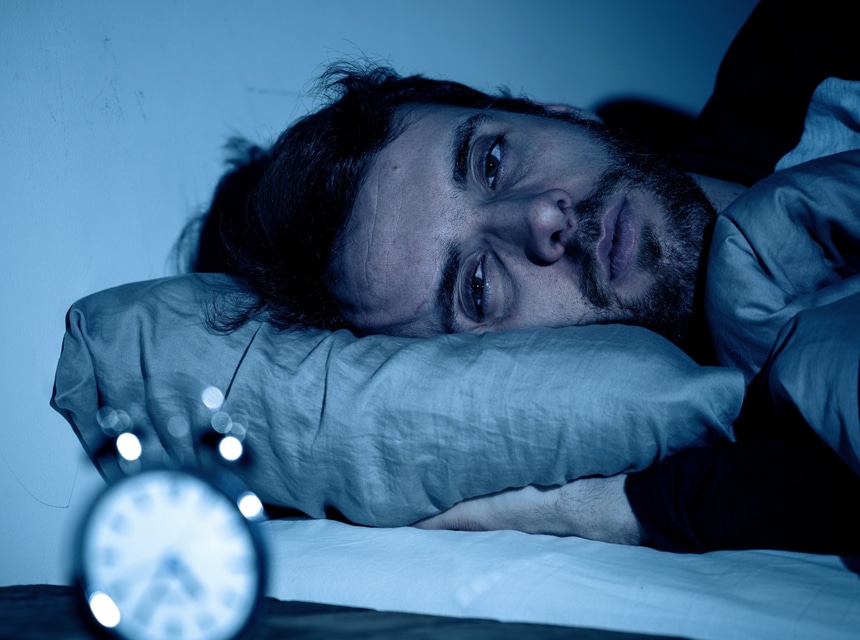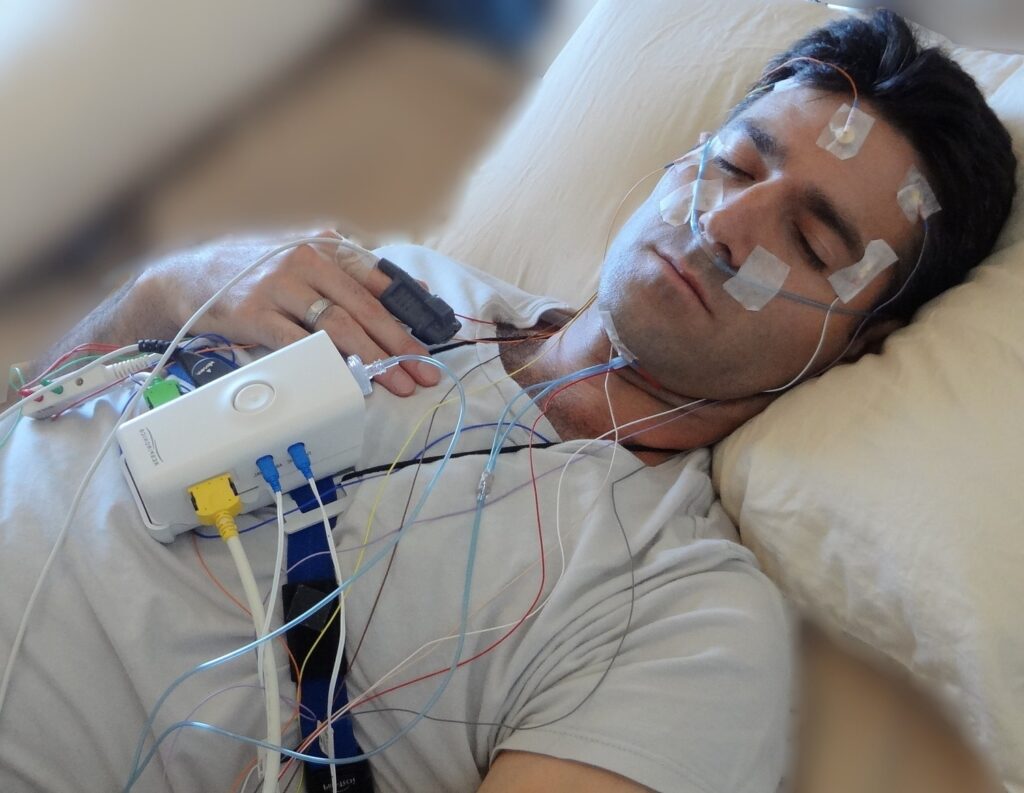

Sleep is undoubtedly important for growth and development in babies and young children. Sleep is the function that allows your body to rest and recharge. Recharging is especially important in babies as they grow at a rapid pace during those first 12 months of life. In fact, the brain will almost double in size just within the first year of your child’s life.
But what exactly happens during sleep time in babies? Do babies only have a REM cycle, or is there more? We’re going to cover the way infant brains and bodies connect to each other during sleep in this article.
Anyone who has been a parent for a while can admit to watching their baby sleep just for the fun of it. This isn’t surprising either, as babies do a surprising amount of their development while asleep.
When your baby twitches in their sleep, it may seem like a mundane cute action. However, sleep twitching is actually part of their sensorimotor development. Researchers Trusted Source What's going on when babies twitch in their sleep? | Iowa Now UI researchers suspect that sleep twitches in human infants are linked to sensorimotor development. Read on to learn how new parents can contribute to their study. now.uiowa.edu have come to believe that the reason babies will twitch in their sleep is due to the activation of circuits in the brain that teaches a baby about their limbs and what they can be used for.
Talk of sensorimotor and physical development usually makes one think of things like visual-spatial recognition and learning to walk. However, before a child can learn these things, they need to have the basic foundation of sensorimotor skills. This is why sleep is so important during infancy. Infants build their foundational development during this time.
Rather than having REM and deep sleep as adults do, it was found that babies have a slightly different system. Along with their REM cycle, babies have what has been deemed “ quiet sleep Trusted Source Human infant brains, bodies are active during new sleep stage -- ScienceDaily A team has found that babies twitch during a sleep stage called quiet sleep, not just during REM sleep. The results may show there’s more communication between snoozing infants’ brains and motor systems than previously known. www.sciencedaily.com .” The twitches and movements we mentioned happen during the latter.
Because of the discovery of constant brain activity and circuit releasing, quiet sleep became a better label for the stage past REM in babies.
It’s apparent that babies need a lot of sleep. Their brains do so much work during sleep times that fostering a good sleep routine gives them a head start on their growth and development. Let’s explore some tips and tricks Trusted Source Helping baby sleep through the night - Mayo Clinic Newborns sleep 16 or more hours a day, but often in stretches of just a few hours at a time. Although the pattern might be erratic at first, a more consistent sleep schedule will emerge as your baby matures and can go longer between feedings. www.mayoclinic.org to optimize your infant’s sleep cycle:
The bottom line is that sleep is crucial for the brain and body to sync up with each other. While your baby is asleep, their brain is hard at work recharging for the next wake period and building the foundational sensorimotor skills they’ll need for development later on.
As a parent or caregiver, encouraging good sleep quality by enforcing early habits will get your little ones on the right track.





